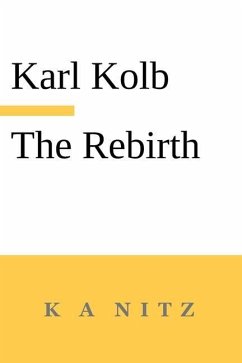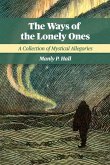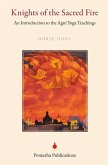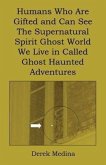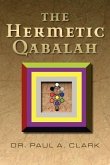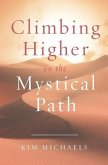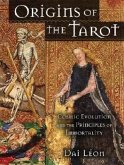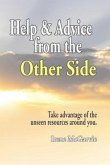A first English translation of Die Wiedergeburt, das innere wahrhaftige Leben, oder wie wird der Mensch selig? - first published in German 1857 and attributed to Karl Kolb - and better known as the Buchstabenbuch. It describes and gives the Biblical foundations for a form of Christian letter mysticism composed of the concentrated thinking and feeling of letters through the parts of the body. This practice was taught to Karl Kolb by the renowned opera singer and esoteric writer Johann Baptist Krebs. "In him was life; and the life was the light of men. And the light shineth in darkness; and the darkness comprehended it not. [...] That was the true Light, which lighteth every man that cometh into the world." John 1:4, 5, 9.In the word, in the language powers lies life, and these language powers are the light of humanity. These language powers penetrate the darkness of the earthly man of thought, but although the senses see, hear, feel, smell, taste these language powers, the spirit of these language powers, the true light, remain incomprehensible to them. But it is the true light which illuminates all humans who come into this world, for the language powers of nature are not withheld from anyone, whoever it might be, they are a common good, and anyone who always takes up these powers into themselves through wanting, thinking, and feeling (§ 208 ff.), they are escaping the bonds of darkness and sitting themselves as liberated son of the eternal strength at the right hand of the majesty of God.

